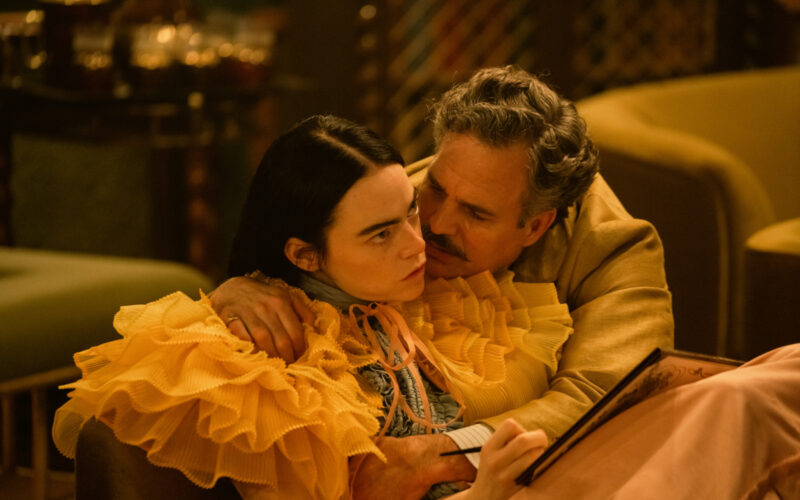As I eagerly awaited the German premiére of Yorgos Lanthimos’ already acclaimed epic, “Poor Things“, rumours of censorship had already begun to circulate. British censors (so the rumour had it) had forced the notoriously transgressive director to turn his original vision into a watered-down compromise. Some sources even claimed that there were to be two different cuts circulating – and that you might never be sure you were watching the whole movie.
I went to see “Poor Things” shortly after the Berlin premiére – and was not only delighted by the film as a whole, but noticed the abundance of unashamed sex scenes. The rumours had involved a specific scene showing two adults having sex in front of two young boys – and even this particular scene was still in the film! What was going on?
It took me some research to piece the story together.
The UK is famous for its scrupulous rating of cinema releases. The British Board of Film Classification (BBFC) are not only responsible for rating movies – they also provide descriptions of potentially upsetting material in each film.
However, the BBFC is also subject to British law – such as the Protection of Children Act 1978. And the compliance with this law – intended to prevent the pornographic exploitation of children – is where the whole “Poor Things” debacle began.
At an early stage in the production, the BBFC was shown an unfinished version of the film. And the distributors were informed that the law forbids the depiction of children in sexual situations – which potentially could pose a problem for the aforementioned scene, technically making the film illegal and unfit for release in the UK.
But when the finished cut came back, it was approved by the BBFC – though understandably given an “18” rating for “strong sex, nudity, very strong language“.
So what caused the film to go through – even with the controversial scene included? It all comes down to the magic of editing.
Yes – in the scene in question, the main character Bella Baxter is employed as a sex worker and engages in sexual intercourse with a man in front of his two young sons. Every audience member will be convinced that this is what’s going on. But – at no point in the scene are the adults and the children actually shown in the frame at the same time!
This method has traditionally been used for scenes of violence: We’ve all seen Anthony Perkins’ character brutally stabbing Janet Leigh in Hitchcock’s “Psycho”. But at no point do we actually see the knife hitting her! We’re just made to believe we do. Just as Michael Madsen slicing the ear of a policeman in “Reservoir Dogs” feels absolutely gruesome – though in reality it happens off camera.
In other words, the story of “Poor Things” is not a sad tale of an artist’s vision crushed by censorship. It’s a masterclass on the magic of cinema.
